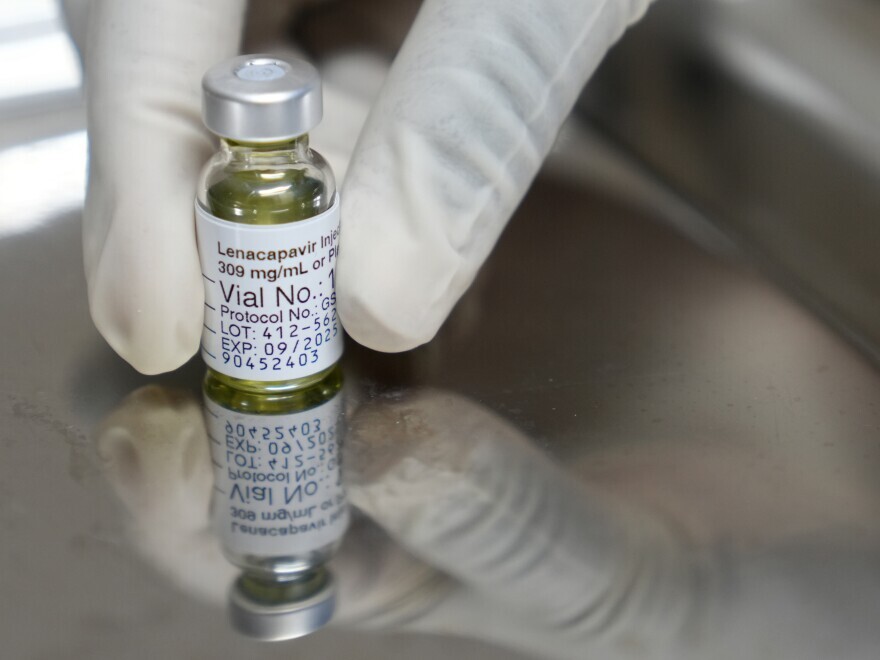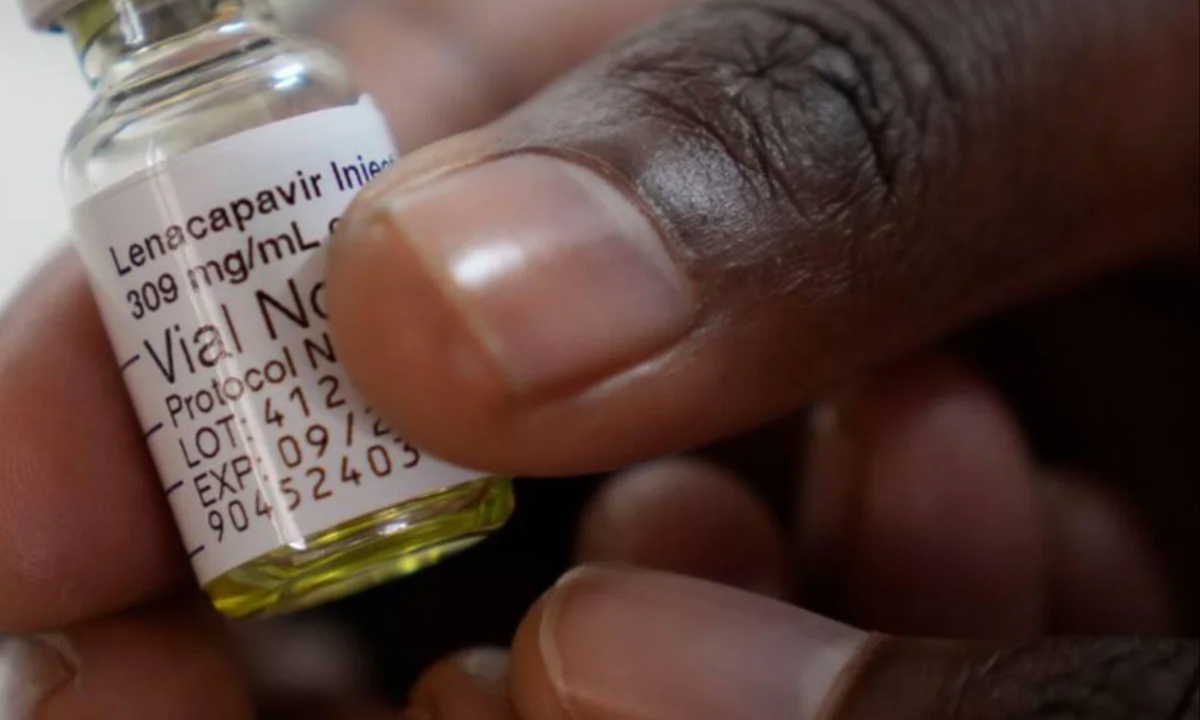A new twice-yearly injection has shown promising results as a potential breakthrough in the fight against HIV, with studies revealing it is highly effective in preventing infections. The drug, called lenacapavir, was found to be 100% effective in preventing HIV infections in women and nearly as effective in men. The manufacturer, Gilead, has announced that it will allow cheaper, generic versions of the drug to be sold in 120 countries with high HIV rates, primarily in Africa, Southeast Asia, and the Caribbean. However, Latin America, where HIV rates are increasing, has been excluded from this deal, raising concerns about missed opportunities to address the epidemic in these regions.
UNAIDS, in its World AIDS Day report, highlighted that AIDS-related deaths reached their lowest levels in years, indicating that the world may be at a pivotal moment in the fight against the disease. While lenacapavir is already available for HIV treatment under the brand name Sunlenca in several regions, the drugmaker plans to seek approval for its use in HIV prevention as well. Experts believe the biannual shots could be especially beneficial for marginalized groups such as gay men, sex workers, and young women, who may be reluctant to use other prevention methods due to stigma or fear of discrimination.

Luis Ruvalcaba, a man who participated in a study of the drug in Mexico, shared his experience of overcoming the stigma associated with seeking HIV prevention. He had previously been reluctant to request daily pills from the government due to fear of discrimination as a gay man. Lenacapavir’s semi-annual shots offer a solution for such individuals, as they only need to visit a clinic twice a year, providing an alternative to daily pills. However, it remains uncertain how widely available the drug will be in Mexico’s healthcare system, and there are concerns that countries in Latin America will continue to be excluded from access to the generic version.
While Gilead emphasizes its commitment to expanding access to HIV prevention in countries with the highest need, it has faced criticism for excluding countries like Brazil, Peru, and Argentina from the generics deal. Advocacy groups in Latin America have voiced their concern, urging Gilead to make the drug available in the region, where HIV rates are rising, particularly among at-risk populations like gay men and transgender individuals. The cost of Sunlenca in countries with higher incomes has been prohibitively expensive, with some paying over $40,000 per year for treatment. However, experts believe the cost could drop significantly once generic production begins.
The lack of access to effective prevention methods in Latin America is seen as a public health emergency by experts, given the rising HIV rates in certain populations. Calls have been made for countries like Brazil and Mexico to issue compulsory licenses, a strategy used in the past to bypass patents and make life-saving treatments more affordable. Lenacapavir’s effectiveness in preventing HIV offers a critical tool in the fight against the epidemic, but its widespread distribution remains a challenge. Public health experts stress the importance of ensuring that everyone who needs the drug has access to it, regardless of where they live.
